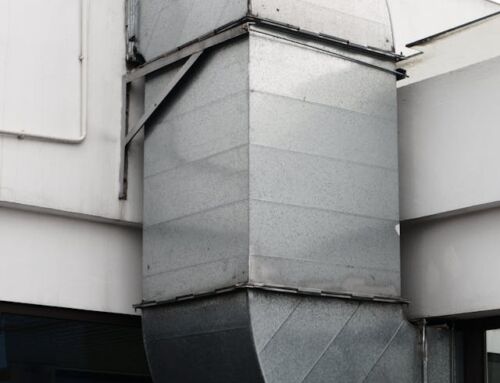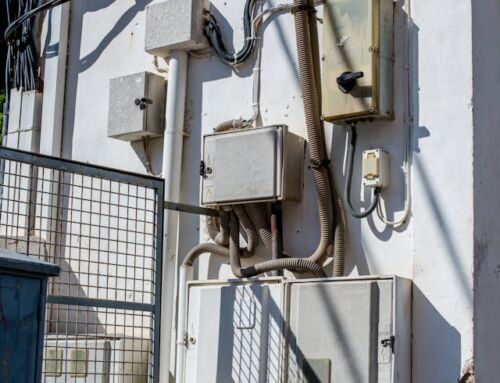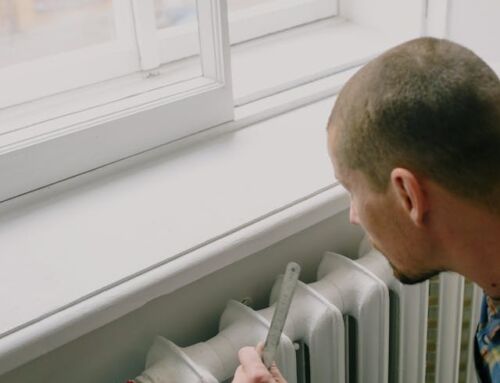Have you ever walked into an office building on a hot summer day and felt instantly cool and comfortable? Or maybe you’ve stepped into a busy shopping center and noticed how fresh the air feels, even with all the people around? Well, there’s a lot of engineering going on behind the scenes to keep these places feeling just right. But the question is, which HVAC system is used in commercial buildings to maintain such perfect conditions?
The answer isn’t as simple as choosing a single system. Think of it like picking the right light switch for every room in your house—each space has its own needs. Similarly, different HVAC systems work for different buildings, each with their own pros and cons. So, let’s dive into the world of energy-efficient HVAC systems for commercial buildings and see how they keep commercial spaces comfortable year-round!
Types of HVAC Systems: A Breakdown for Kiwis
Now, before we dive into the specifics of commercial systems, let’s take a quick refresher on the different types of HVAC systems you might encounter in your everyday life. Think back to your own home – do you have a central air conditioner with vents throughout the house? That’s a classic example of a split system. These systems have two main parts: an outdoor unit that houses the compressor and condenser, and an indoor unit that blows cool air into your living space.
But commercial buildings are a whole different ball game. They’re larger, have more people generating heat, and often have specific needs depending on their use. Here are the main contenders for the “best HVAC system for commercial buildings” title:
Central Air Conditioning Systems
Yes, the trusty split system you have at home can be scaled up for commercial applications! These systems work in much the same way – a central chiller unit cools water, which is then pumped to air handling units throughout the building that distribute cool air. This is a popular choice for smaller commercial buildings or those with a relatively simple layout.
Variable Refrigerant Flow (VRF) Systems
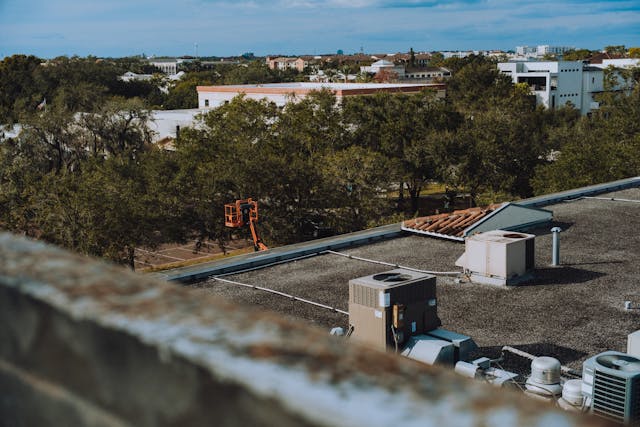
Think of VRF systems as the luxury apartments of the HVAC world. They offer more precise temperature control for individual zones within a building. Imagine a large office building where the server room needs to be much cooler than the reception area. A VRF system can handle that with ease. They’re also known for being more energy-efficient than traditional central systems. Here in New Zealand, with our focus on sustainability, VRF systems are becoming increasingly popular.
Packaged Rooftop Units (RTUs)
These workhorses are self-contained units typically placed on rooftops. They combine all the components of a central air conditioning system into a single package. Their compact design makes them ideal for buildings with limited space, and they’re relatively easy to maintain. However, they may not be the most energy-efficient option, and they don’t offer the same level of zone control as VRF systems.
Chilled Water Systems
For truly large commercial buildings like shopping malls or hospitals, chilled water systems often take centre stage. These systems use powerful chillers to produce ice-cold water that’s then pumped throughout the building to air handling units that cool the air. They’re incredibly efficient for large spaces, but the upfront cost can be quite high.
Choosing the Right System: A Balancing Act
So, which HVAC system is used in commercial buildings ultimately depends on a number of factors, including:
Size and Layout of the Building: A sprawling shopping center will obviously require a different system than a small office unit. Consider the number of floors, the complexity of the building’s layout, and the specific needs of different areas (e.g., offices, warehouses, retail spaces).
Number of Occupants: The more people in the building, the more heat and humidity they generate. This will impact the system’s capacity and cooling requirements.
Climate: Here in Auckland, our moderate climate allows for a range of HVAC options. However, factors like humidity levels and seasonal temperature variations should be considered when selecting a system.
Budget: Energy-efficient systems like VRF might have a higher upfront cost, but they can offer significant long-term savings on energy bills. Consider the initial investment, ongoing maintenance costs, and potential government incentives when making a decision.
Beyond the System: Keeping Your Commercial Space Comfortable
Picking the right HVAC system is just the first step. To truly achieve optimal comfort and energy efficiency, consider these additional factors:
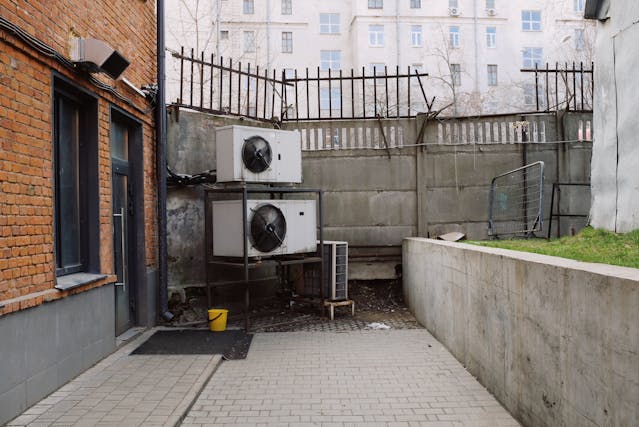
Regular Maintenance
Just like your car needs servicing, your HVAC system needs regular professional maintenance (think quarterly inspections and annual tune-ups) to keep it running smoothly and efficiently. This can prevent costly breakdowns, extend the lifespan of your system, and optimise its performance, saving you money on energy bills in the long run. Consider Prolectrix we specialise in keeping commercial HVAC systems in tip-top shape!
Building Insulation
A well-insulated building envelope acts like a thermal barrier, reducing heat loss during winter and heat gain during summer. This significantly improves the efficiency of your HVAC system. Think of it like wrapping your building in a cozy blanket – it keeps the heat in when you need it and the heat out when you don’t. Investing in proper insulation can lead to substantial energy savings and a more comfortable environment for occupants.
Ductwork Design
Efficient ductwork design ensures that conditioned air is distributed evenly throughout your building, avoiding uncomfortable cold or hot spots. This can involve proper sizing and layout of ducts, minimising leaks and ensuring proper airflow. Regular duct cleaning is also essential to maintain optimal airflow and remove dust and debris that can reduce efficiency and potentially impact indoor air quality.
Zone Control
Advanced HVAC systems offer zone control, allowing you to set different temperatures for different areas of your building. This is ideal for buildings with varying needs, such as a server room requiring cooler temperatures compared to a reception area. Zone control helps to save energy by only heating or cooling specific areas as needed, improving comfort for occupants and reducing overall energy consumption.
Energy-Efficient Components
Look for energy-efficient components when considering an HVAC system upgrade. This could include high-efficiency motors that use less energy to operate or variable speed drives that allow the system to adjust fan speed based on demand. These features can significantly reduce energy consumption and lower your operating costs over time.
The Future of Commercial HVAC: Embracing Innovation
The world of HVAC is constantly evolving, with new technologies emerging all the time. Here are some exciting trends to watch out for:
Smart HVAC Systems: By integrating with other building systems, smart HVAC systems can optimise energy usage based on occupancy, weather conditions, and other factors. This can lead to significant energy savings and improved comfort.
Geothermal Heating and Cooling: Harnessing the earth’s natural heat and cooling potential, geothermal systems offer highly efficient and sustainable climate control solutions. These systems can reduce your carbon footprint and lower operating costs.
Renewable Energy Integration: Combining solar power or other renewable energy sources with your HVAC system can further reduce your reliance on traditional energy sources. This can lead to significant cost savings and environmental benefits.
Conclusion
Choosing the right HVAC system for your commercial building is a significant decision. By carefully considering your specific needs and exploring the latest technologies, you can create a comfortable, energy-efficient, and sustainable space for your business. Remember, a well-designed and well-maintained HVAC system is an investment in your building’s future.
So, the next time you step into a comfortable commercial space, remember the complex systems working behind the scenes. And if you’re considering upgrading your building’s HVAC system, don’t hesitate to consult with experts who can guide you in selecting which HVAC system is used in commercial buildings.


